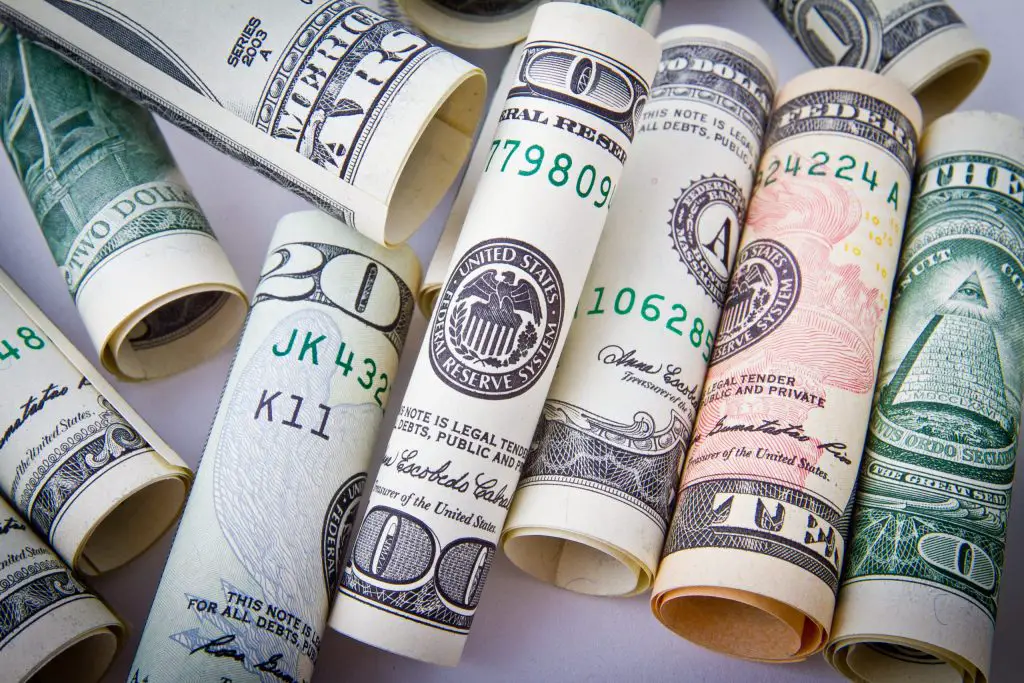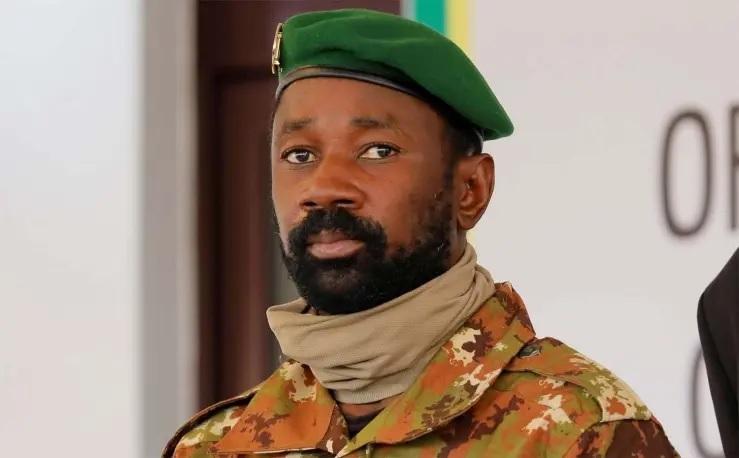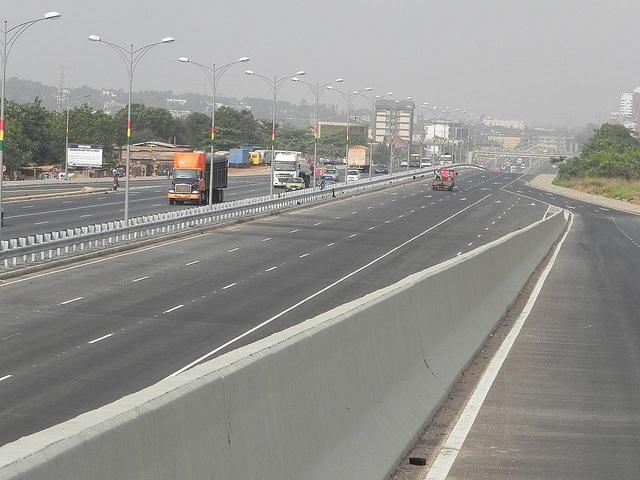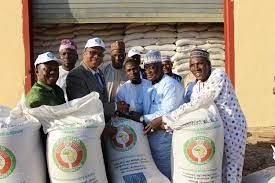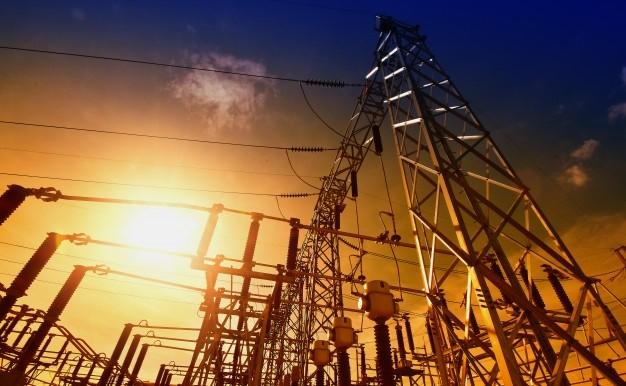- Africa’s new dawn: the rising role of digital and AI in agriculture
- Can Dangote Refinery Transform Africa Energy Ambition
- Gallup Survey: 80 per cent of Kenyan Workers Are Disengaged and Seek New Opportunities
- Madagascar Man Freed from 5KG Tumor After 15-Year Struggle
- How women in Africa are perceived and treated
- Sugar consumption in Kenya to Increase to 1.23 Million Tonnes
- Can Somalia and Turkey Oil deal Bring Change in Somaliland
- Remittances to Kenya dropped to $371.6 million in June, marking a six month low
Browsing: ECOWAS
- It is not easy to create a common currency since it needs the creation of a central monetary system for several nations
- The AU and ECOWAS should reconsider their approach—a common physical currency—and move their attention to building a common digital currency, as the EU is doing
- With the establishment of the Pan-African Payment and Settlement System (PAPSS), which allows for the simple conversion of numerous African currencies, some progress—or maybe too little—has been achieved
- When turned into digital money, Africa’s weak currencies have little chance against stablecoins backed by the US dollar
It is not easy to create a common currency and it would need the creation of a central monetary system for several nations.
This is a regime that, given the diverse economic demands of countries, may be judged undesirable for some member states. Africa’s desire for economic and monetary integration dates back many years.
African Union
…The main objective of the bloc is to promote economic interdependence and cooperation among member states to raise the living standards and encourage economic development.
Exportation in Mali is already feeling the pressure of the political instability in the country. Exports reduced from CFA552.39 billion in the first quarter of 2021 to CFA495.87 billion in the second quarter.
Mali lists among the poorest nations in the world. According to the 2021 Index of Economic Freedom, absence of property protection rights and a transparent and honest judicial system, and the higher degree of corruption tolerance makes it impossible to achieve greater economic freedom in the country.…
The construction of the Lagos-Abidjan Highway has the capacity to unlock 85 per cent of trade within the ECOWAS sub-region according to the African Development Bank (AfDB).
The Highway which is 1,028-km project will span across different countries which includes Cote d’Ivoire, Ghana, Togo, Benin and Nigeria -and traverse the economic capitals of the five coastal countries, starting from Abidjan and ending in Lagos, while equally straddling eight border crossings.
Lamin Barrow the Director-General of AfDB who represented Akinwumi Adesina the AfDB President appearing on Tuesday as a panelist at a one-day webinar to showcase the investment opportunities from the Federal Government of Nigeria’s reforms and privatization activities, said that while the Federal Government had spearheaded various reforms in the banking sector that enhanced the resilience of the financial system, there was a need to stay the course in completing the bold reforms initiated to restructure the energy sector.
Nigeria’s …
ECOWAS countries in West Africa have long reasoned that the issue of food security cannot be left to a single country to shoulder. Instead, the regional bloc embraced the fact it takes collective efforts to secure the food security of a single nation and in so doing protect the whole region.
In is address to member countries during the ongoing virtual meeting, the ECOWAS Commissioner for Agriculture, Environment and Water Resources, Sékou Sangaré said the regional goal of stockpiling some 40, 000 metric tonnes of food reserve is a visionary course that will protect each member state of the sub region.
The conference begun on April 28th and will carry on through to May 10th. The conference falls is part and parcel of the EU-funded Support Project to the West African Food Security Storage System.
The Food Security Storage System came into being back in 2015 and …
Investors are set to pump a total of $8.41 billion into Nigeria’s economy.
According to the Nigerian Investment Promotion Commission (NIPC), more jobs will be created since the investors are targeting various sectors in the country.
NIPC Executive Secretary Yewande Sadiku who made the announcement during a media briefing in Abuja said the country’s unemployment level is the second highest globally.
Sadiku noted that the $8.4billion is pledged for the first quarter of the year, while over 23. (Diazepam) 19 million Nigerians, according to the National Bureau of Statistics (NBS) report, were unemployed during the fourth quarter of 2020.
However, Sadiku said although investment announcements are not actually investment, it gives an aggregate of investors’ interest in Nigeria and also help to translate those announcements to actual investment.
According to her, the Commission has been honest on the gap between announcement and actual investment demonstrating potential.
“We have …
In recent history virtually every continent and economic block has been trying to establish common trade area agreements as well as political unions. Africa is no different –SADC, ECA, COMESA, ECOWAS and SACU are just some of the examples of African countries trying to collaborate to drive the many aspects of social and economic development.
It is a system and an idea that promises to accelerate inclusion and promote regional prosperity among neighbours and the AfCFTA (The African Continental Free Trade Area) is rapidly becoming the embodiment of that reality – 28 African countries operating as a free trade area. As expected from an agreement of this magnitude, few people fully understand its complexity and intricacies.
FurtherAfrica spoke to one of AfCFTA’s strongest advocates. Mark-Anthony Johnson, CEO of JIC Holdings – an investment, trading and acquisition entity focused in Africa and emerging economies with roots back to 1985. Mark’s JIC …
The world bank Board of Directors approved $300 million in International Development Association (IDA) credits and grants to support reforms that will help promote electricity trade in West Africa.
Currently, only 50 per cent of the population in West Africa have access to electricity, and those who do, pay among the highest prices in the world which is more than double those of consumers in East Africa. The West Africa Regional Energy Trade Development Policy Financing Program (West Africa Energy PDF) seeks to do away with electricity trade barriers, which will support the competitiveness of firms, lower electricity costs for consumers and improve resilience and reliability of supply.
The West Africa Energy PDF supports a policy reform program being implemented by Burkina Faso, Liberia, Mali, Côte d’Ivoire, Guinea and Sierra Leone, to facilitate trade in cleaner low-cost electricity generated from gas, hydropower and renewable energy across borders. This is going …
Already, China, Russia and Pakistan are laying out plans to start conducting bilateral trade and investment while issuing bonds in local and national currencies instead of the US dollar.
The eight-member countries of the Shanghai Cooperation Organization (SCO) are to finalise a road map introducing a system of mutual settlement of national currencies.
Other SCO members include India, Kyrgyzstan, Tajikistan and Uzbekistan while observer countries Iran, Afghanistan, Belarus and Mongolia are looking to become regular members of the SCO.
With the covid-19 coronavirus pandemic, it seems that the world is realigning itself for a new way of doing business.…





